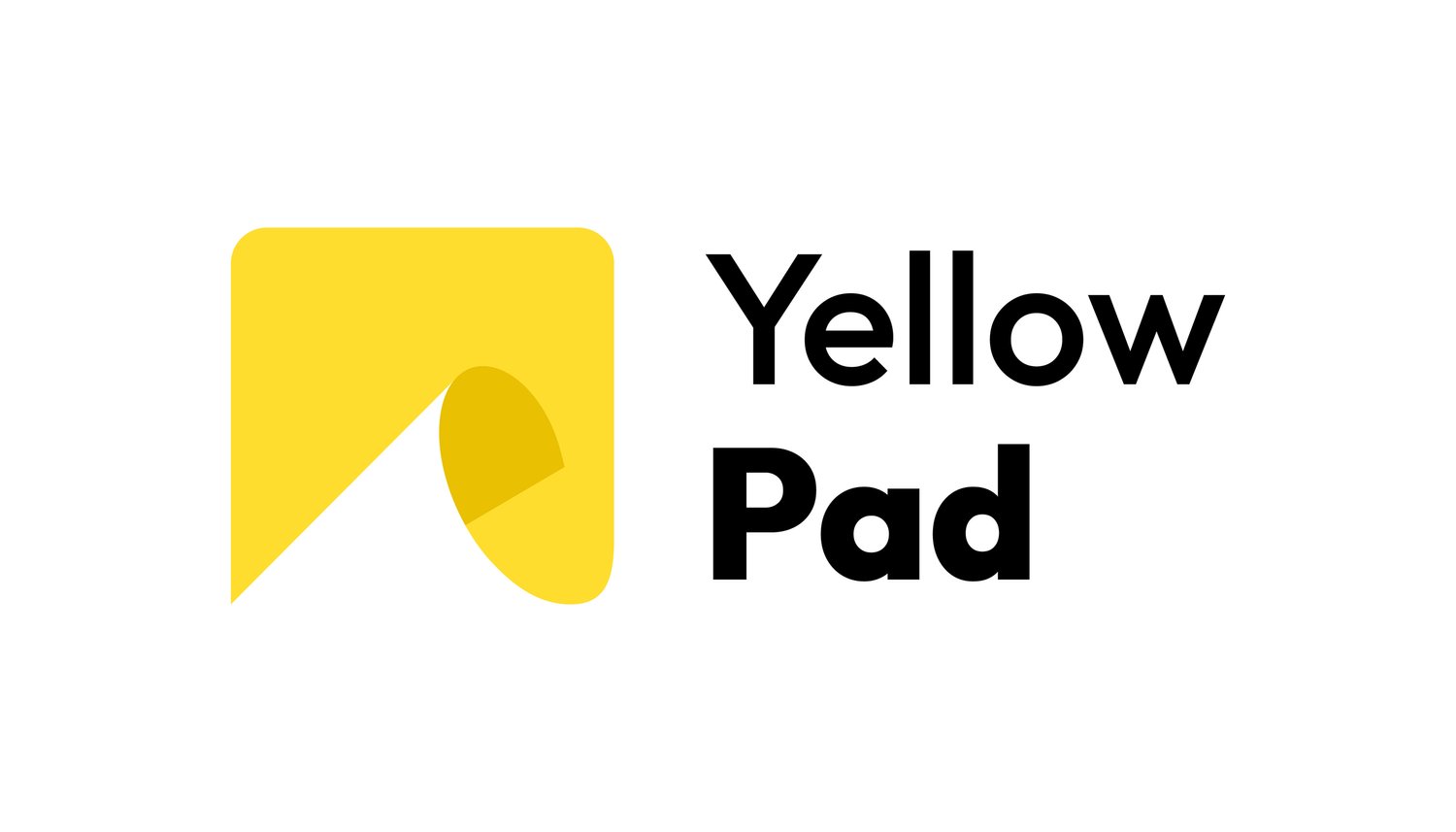If knowledge is open, why should books be closed?
Picture from Pexels
Last June a friend surprised me with my favourite kind of gift: a book. And not just any book, but a brand new title, There is Life After College. The first edition had come out on April and I had been following all the previews. The book gathered fresh, research-based insights about the transition of college graduates into the job market that would help them (and their families) make better choices. Obviously, I started reading it as soon I got home from work. And then I came to a curious realization: while making an interesting point about the importance of choosing the right college in the right location, the author, Jeff Selingo, referred to a Linkedin feature that did not exist anymore, University Finder. Surely Selingo had the best intention in mind. University Finder was indeed a helpful feature for students to search for schools according to their career aspirations. But at around the same time his book was published, Linkedin announced the deprecation of some of its Higher Education features, namely University Finder. There was no way Selingo could have predicted this.
Gabriel Pardal, a Brazilian writer, argues that a book is a final product whereas the internet is an endless, real-time work in progress. And instead of following the common route of walking these two trajectories in parallel, he dares to draw an intersection between them by choosing to publish his most recent book (Tédio e Diversão) online. This way, he believes, he can review, edit and expand his content whenever he feels necessary, something Selingo wasn’t able to do after his book was sent to print. And he can interact more directly with his readers, who may immediately comment and share his ideas. He is, so to say, creating an open book.
And maybe we are actually reaching a point in which a book is never a final product.
Leo Babauta, the well-known creator of the blog Zen Habits, makes the case for writing books in an iterative way. His point is that, instead of writing in isolation and putting out a fully-formed product, the writer should submit the book to readers’ feedback during the development stage and iterate based on their comments. The main goals being to have his ideas tested and to identify objections before putting the book to print, he reports that this process also has tremendous benefits on his own motivation to write and on readers’ engagement with the book. And he should know: he wrote the top-selling productivity e-book in history.
The way Babauta would structure his process was by writing each chapter for a group of 10 selected testers, gathering their feedback and iterating based on their comments. The result was that his readers were expecting to read his chapters. Gabriel Pardal also makes a point about this: he says that the rise of TV series is a consequence of a change in viewers’ preferences towards longer stories divided into smaller parts. And the success of Netflix, one might add, is a combination of this and of giving power to their audience. As Kevin Spacey puts it, people are craving for stories and if they are given the opportunity to interact with them, they will be engaged at a level that a closed product (in this case, a movie) would never be able to promote. They feel that they have the power to influence the story. Babauta’s readers, as House of Cards viewers, knew that their comments were being taken into consideration.
The book, as the show, was also theirs.
Even in the business world, the revolution seems to be on the move. Alex Turnbull, the CEO and founder of Groove (a helpdesk software startup) has decided to create a blog to share his company’s journey, “from ‘aha’ to ‘oh shit’”, as he smartly puts it. He goes through every topic, from “horrible mistakes” to “revenue rise up to $395,010”. He publishes twice a week, and his posts usually get +1K shares and a fair amount of comments from his followers. His company is a work in progress. He could easily wait to reach a successful point and hire a writer to narrate its story. But he decided to go ahead and write about it on the go. And in result, people (some of them customers) feel part of the story he is telling.
The web turned 25 yesterday, and a lot will be written about the changes it brought into our lives. But as far as books are concerned, regardless of editorial and readers’ concerns over the appropriate platform, it is clear to me that the chance to be part of each others’ stories is probably one of the biggest revolutions in terms of promoting human connection that the world has seen yet. And we have the open, never finished, ever-changing, always on beta mode Internet to thank for that.


